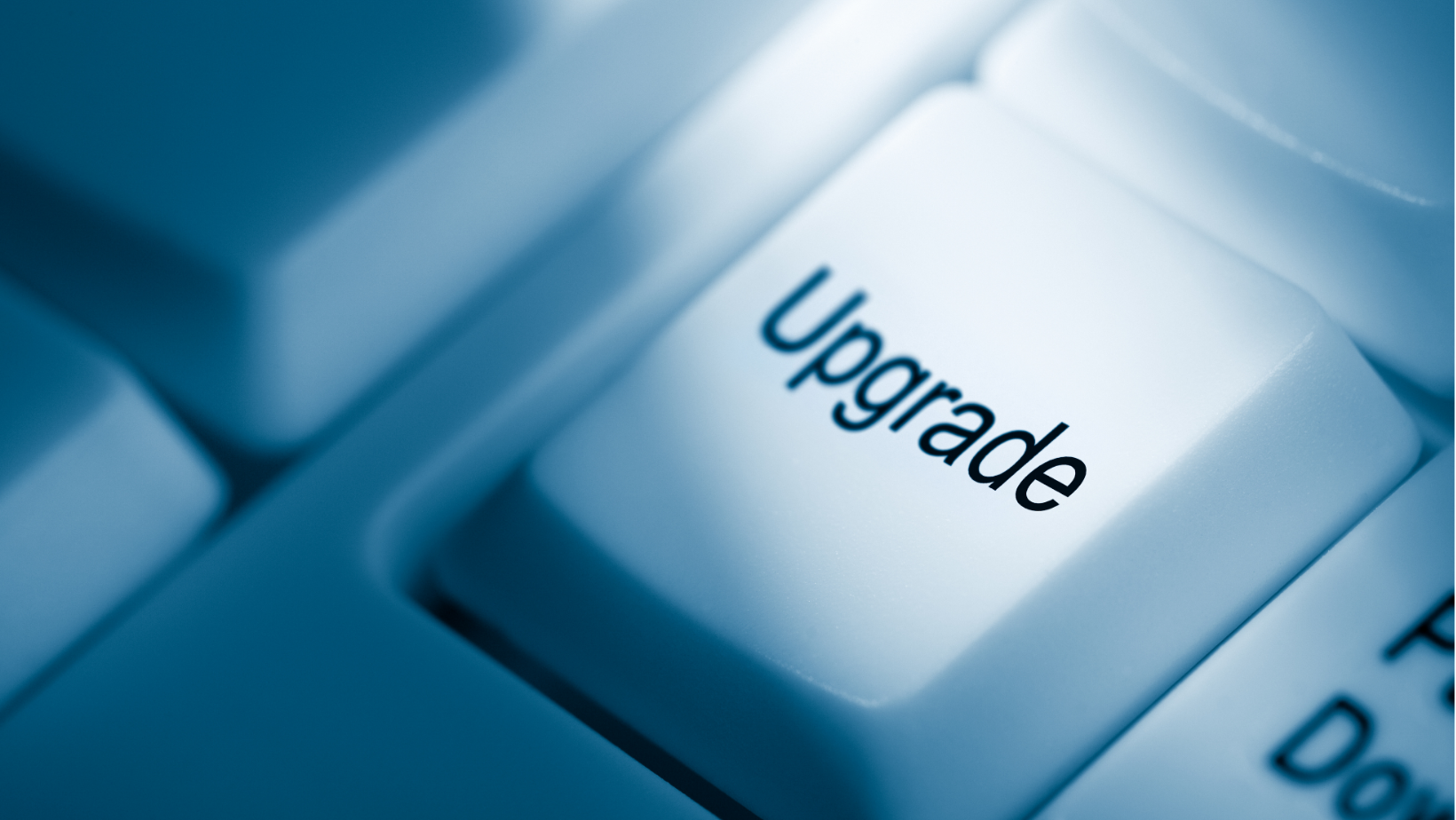Is It Time to Buy or Replace Your HCM System?
Summary: Is your organization struggling with an outdated HR system or considering a new HCM solution? Whether you’re a first-time buyer or thinking about upgrading, recognizing when to make the switch is crucial. Read on to discover how the right HCM solution can transform your operations, and what to consider before retiring your legacy system.

As organizations evolve, so do their HR needs. Whether you're buying your first Human Capital Management (HCM) solution or replacing an aging system, it's essential to recognize when it’s time for a change.

Deciding When to Buy or Upgrade
For First-Time Buyers:
When considering an HCM solution, employee count is often the starting point, but it shouldn’t be the only factor. Besides the number of employees, you should evaluate the complexity of your operations, payroll processes, and regulatory requirements to determine whether an HCM system is a sound investment. Even smaller organizations with 50–75 employees may benefit from an HCM, especially if their operations are multifaceted.
Explore our blog post, "Is Your Organization Ready for an HCM System?", to discover how to determine if your business is the right fit for an HCM solution and what factors to consider beyond just employee count.
While upfront costs might seem high, the ROI from automating processes, reducing manual errors, and streamlining HR tasks often makes it worthwhile in the long term. Additionally, smaller businesses may face higher per-employee costs, but these expenses are offset by the operational efficiencies an HCM system provides. If your business complexity demands it, implementing an HCM solution could lead to better long-term success.
Upgrading Your Existing HRIS
Many organizations hold onto outdated HR systems to access historical data on retirees or employees. However, maintaining a legacy system can lead to vulnerabilities like data loss, system corruption, and high maintenance costs. So, how do you know when to retire your legacy system?
Here are eight things to consider before retiring your legacy HR system:
- Legal or Regulatory Requirements: Review rules mandating data archiving at federal, state, or provincial levels based on your structure.
- Vendor Support: Check if the legacy system is still supported under a service agreement.
- System Vulnerability: Evaluate risks of data corruption or loss if the system is kept long-term.
- Staff Knowledge Transfer: Consider turnover and the transfer of knowledge needed to maintain the legacy system.
- Data Accessibility: Convert historical data to a more accessible format for archiving and reporting.
- Disparate Data Sources: Review other stored HR data (spreadsheets, databases) to determine their value for reporting or compliance.
- Data Archiving Services: Explore archiving services that allow historical data to be accessible by secured users.
- Cost-Saving Benefits: Analyze cost savings from retiring legacy hardware and reducing IT support.
Learn more about signs it’s time to upgrade your system with our free ebook, 5 Signs It’s Time to Review Your HR System.
Optimize Your HR Processes with StarGarden
Whether you're buying an HCM for the first time or replacing an outdated system, StarGarden can help. Our integrated HR and payroll solutions streamline your processes, ensuring smooth operations.
Contact us today to explore how StarGarden can help your business.
Download the StarGarden HCM Buying Guide to find out more.

